No matter which Vocation you start with in Dragon’s Dogma 2, you will eventually gain access to a variety of spells. While some feel lackluster early on, with the proper upgrades and weapon stats, even mediocre spells scale well eventually.
Best spells in Dragon’s Dogma 2
There are several spells to choose from between the Mage and the Sorcerer Vocations. Pawns can get in on the action as well, so long as their Arisen has unlocked the specialization they want. The spells that can be learned are varied and work as offensive, defensive, and support spells, depending on your adventuring needs.
To make it easier, we’ve listed the best spells and divided them into tiers based on the utility they provide at various stages. Since Warfarers can pretty much do everything, we are excluding the Vocation from this list because it’s a beast all by its lonesome.
D-tier skills
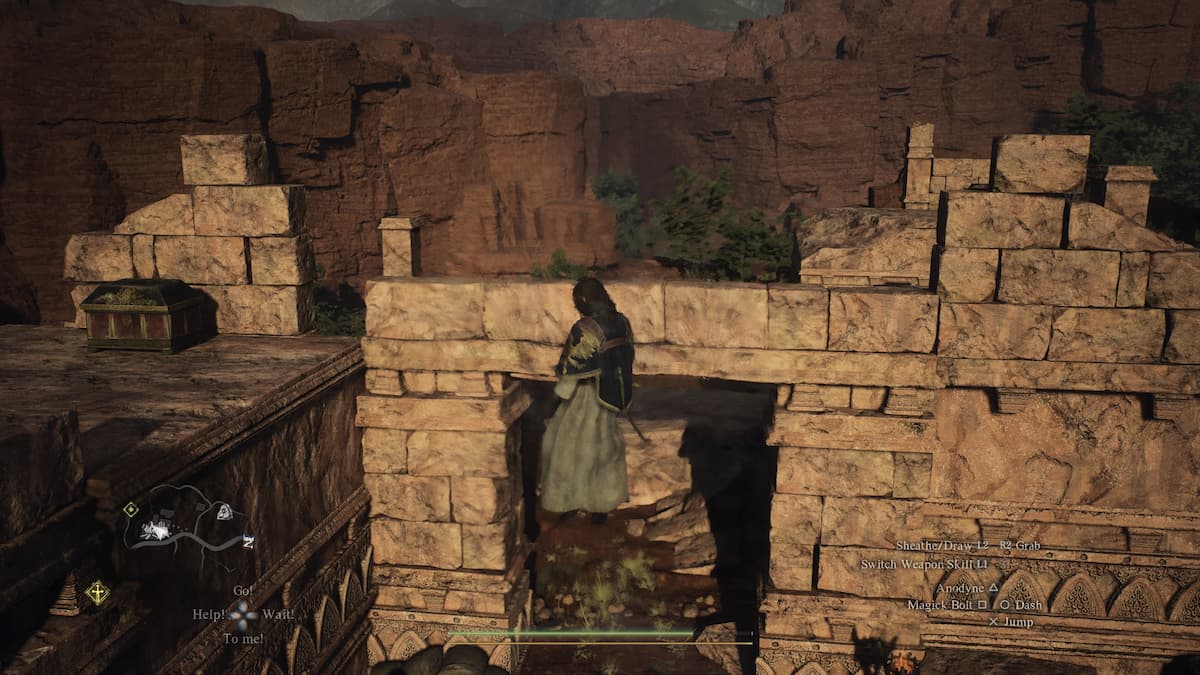
These are basic spells that work in the game’s early portions and certain battle conditions. These spells don’t require much to cast and can be used in clutch situations.
Levitate
The Mage is the glass cannon of the basic Vocations in Dragon’s Dogma 2. With so many dangers and surprise ambushes around the corner, positioning is crucial for Mages. Levitate helps the Mage out of dangerous situations by hovering over most smaller enemies and repositioning themselves to a safer spot out of harm’s way.
Since Levitate is a Core skill, this DD2 spell does not have an upgrade. However, the spell’s utility across all stages of the game cannot be understated.
Quickspell
Another Core skill for Mages, Quickspell allows the caster to fire out other spells faster than they normally would. Quickspell improves all the other skills of the Mage by decreasing the time needed to channel each spell. This factor makes Quickspell a great utility ability when it comes to casting stronger spells of a higher tier.
Using Quickspell will also drain your stamina the longer it is active, so make sure you find a safe spot to channel from before you activate this spell.
Decanter
Sorcerers are quite fragile in battle. All of their raw power leaves them in vulnerable positions more often than not. There are times when not even the best positioning can be enough and your Sorcerer takes a hit. That’s when Decanter comes in. This spell heals the Sorcerer by siphoning life from their target, keeping them alive.
Upgrade the skill to High Decanter to gain increasing healing effectiveness.
C-tier skills
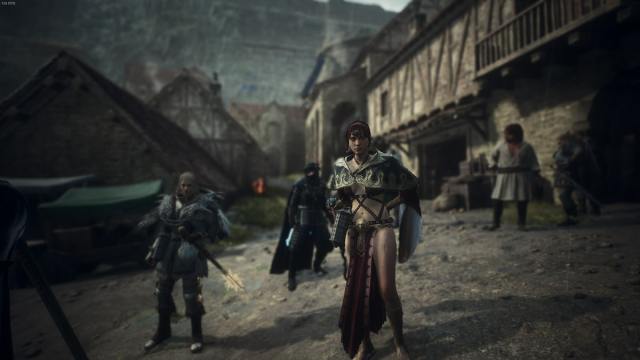
These spells scale well up to halfway through the story and have more uses in situational events. Spell preparation and status effects go hand-in-hand.
Spellhold
Spellhold has great utility because it allows you to hold and store a spell for future use. This spell becomes especially important when you hit higher levels and have incredibly powerful spells to use. The ability to store a spell allows you to launch it at an opportune moment, preferably against a powerful boss.
The upgrade to Spellhold, High Spellhold, reduces the stamina debuffs Mage gains when holding a spell.
Seism
Since Sorcerers deal heavy magick damage, they are often left feeling helpless when they encounter enemies with high magick resistance. Seism solves that problem because it deals physical damage by causing eruptions underneath the ground and launching rocks into the air. These rocks can catch enemies off guard if used right. Upgrade the spell to High Seism to increase the spell’s damage and area of effect.
Salamander
If you lack sufficient fire damage to target certain enemy weaknesses, the Sorcerer’s Salamander will solve that problem. This spell launches a trail of flames in a line, damaging enemies and setting them ablaze. Salamander fires quite slowly, necessitating the prior use of a control spell to keep enemies in place while the Sorcerer casts the spell.
The High Salamander upgrade somewhat mitigates the spell’s weaknesses by increasing its travel range and its burn duration.
B-tier skills
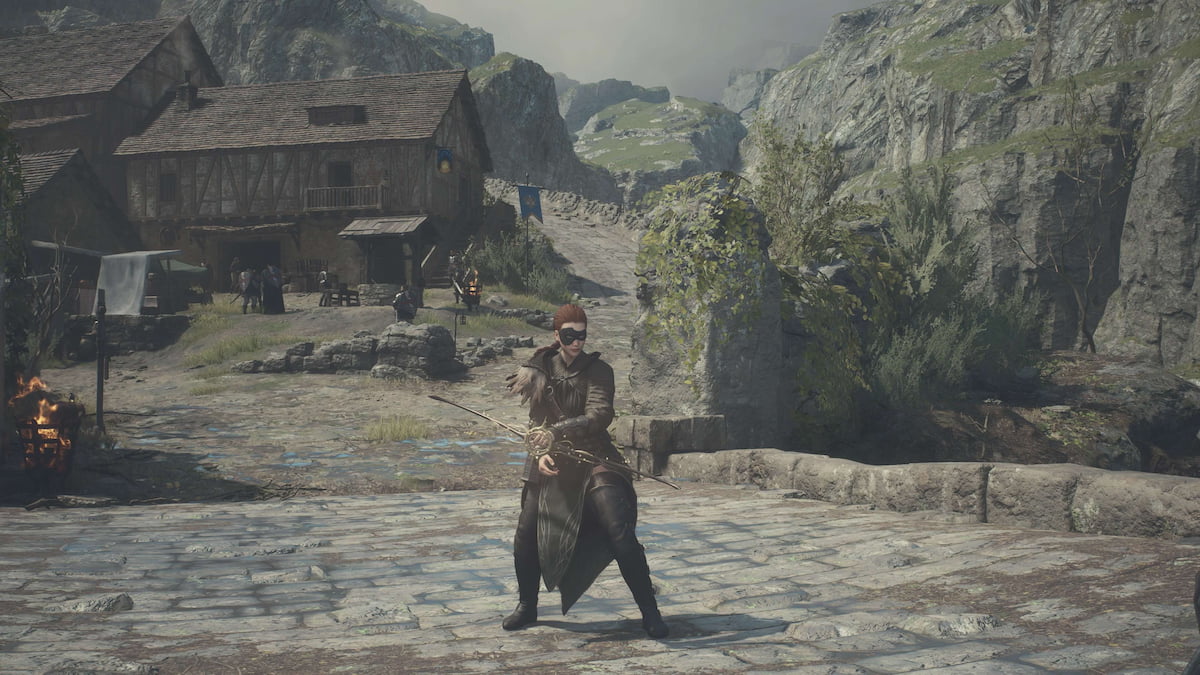
These spells work at any stage of the game. Support spells are essential to the health and success of every party.
Anodyne
Anodyne creates a bubble that heals all allies over time, making it great for long journeys or a brief reprieve in the middle of dangerous battles. The Anodyne spell is a great reason to start as a Mage or have one in your party during the early game. This is a Core skill, which means it cannot be upgraded, but it is effective at all stages.
If you don’t have a Mage in your party, you can stock up on Anodyne skill books to use in battle.
Fire/Ice/Lightning Boon
Enemies getting to be a burden and your weapon isn’t strong enough to cut through them? Try a Boon spell. This Mage skill grants all allies an elemental buff depending on which one your Mage has equipped. If you want to exploit weaknesses, choose a specific Boon from Fire, Ice, or Lightning to make the fight easier. You can also upgrade the Boons to Affinity, making each enchantment last longer on your party’s weapons.
Palladium
Palladium is a great reason to have a Mage in your party. This damage-blocking spell can save your life in the most clutch way possible, especially if you’re up against powerful bosses. If you’re pinned down and are vulnerable to a strong attack, Palladium will ensure your survival so you can get a heal or two going and continue the fight.
The High Palladium upgrade applies the spell’s buff to your entire party.
A-tier skills
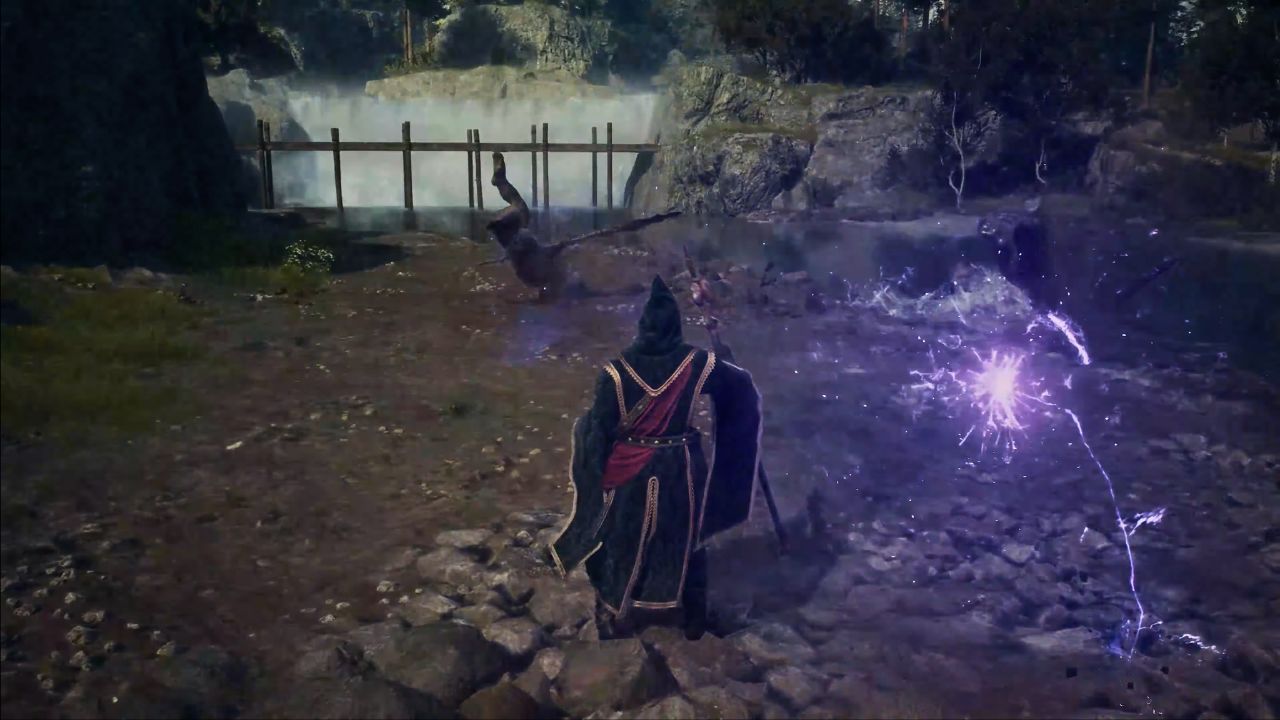
These are spells that work in any situation in the DD2 story. They dish out high damage and boast strong control in combat against all types of enemies.
Hagol
Most enemies in DD2 are susceptible to a good chill, and the Sorcerer’s Hagol skill provides just that. Casting it engulfs a huge area in a chilling wind that causes frostbite to all enemies caught in its radius. Not only does this skill deal decent damage, but the crowd control aspect of it more than makes up for the lack of control skills you might have. The High Hagol upgrade increases the skill’s effective radius and prolongs the duration of frostbite.
Prescient Flare
When it comes to massive AOE damage, the Sorcerer Vocation does it best. Prescient Flare attaches an orb to an enemy that explodes after a short duration if it’s attacked. The more attacks that land on the affected target, the more explosions after its duration ends. This skill is great for single-target enemies as well, like bosses.
Upgrading the skill to Augural Flare increases the affix duration as well as the number of explosions after the effect ends.
Thundermine
Completing the trio of elemental damage, we have the Sorcerer’s Thundermine spell. This ability doubles as a powerful damage spell and a great setup skill, allowing you to place a static shocking orb that detonates when it contacts an enemy. Upon detonation, Thundermine deals continuous damage while knocking down smaller foes.
If you feel like the spell dissipates too soon, the High Thundermine upgrade improves the skill’s damage and the number of damage instances before the spell expires.
S-tier spells
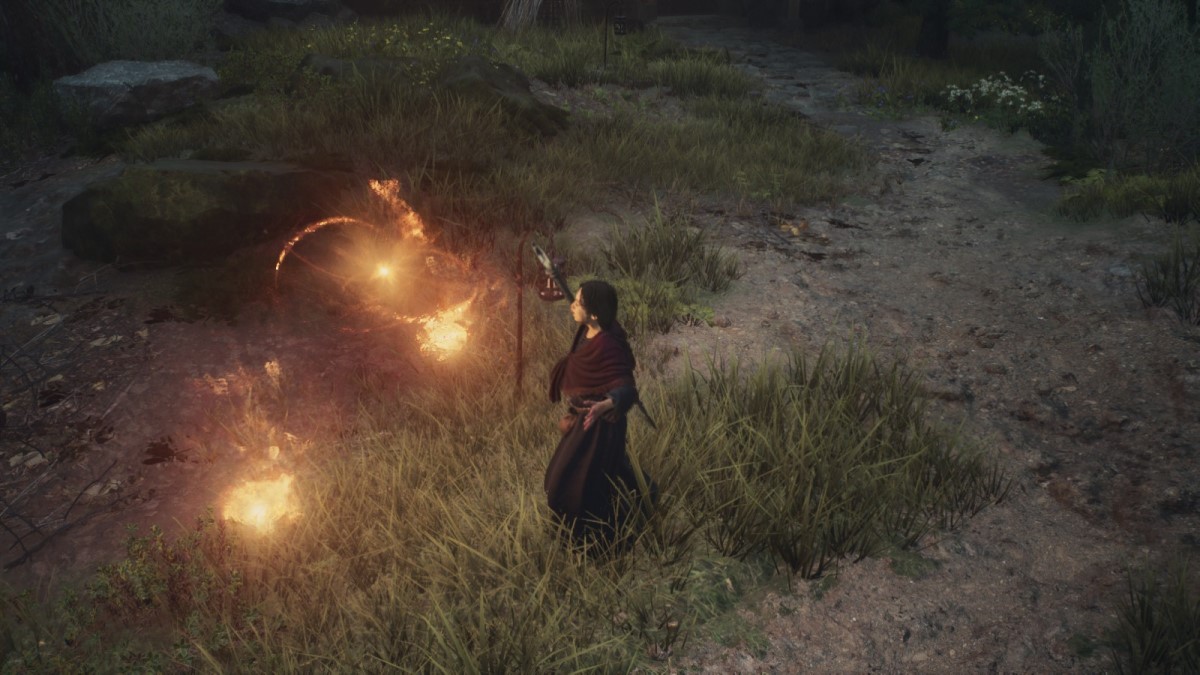
These spells are simply the best of the best. Having access to any of these will make your endgame journey a whole lot easier.
Celestial Paean
The ultimate spell of the Mage can only be learned through the Enchanters Almanac. Celestial Paean is easily the strongest support spell, hastening the stamina recovery and speed of all allies. Additionally, affected allies also take reduced damage, making it amazing against large hordes or high damage-dealing bosses.
The only downside of this skill is it leaves the caster vulnerable, draining their stamina completely and knocking them off their feet. Make sure your Mage is safe before casting this.
Meteoron
The Sorcerer Vocation has access to two powerful ultimate spells. The first one, Meteoron, learned through the Conjurer’s Jottings, summons a massive meteor shower that covers the area. These meteors deal extremely high damage and are perfect for clearing waves of enemies. Just ensure that the spell is cast in an open area for maximum effectiveness.
As is with most powerful skills, Meteoron leaves the Sorcerer in a vulnerable state because they have to channel the spell while standing still. Protect the Sorcerer while your enemies burn.
Maelstrom
The second ultimate spell of the Sorcerer Vocation is Maelstrom, a skill learned through the Myrddin’s Chronicle. This spell conjures a giant tornado that deals heavy physical damage, making it a great substitute for Seism. Contrary to Meteoron, Maelstrom performs best when used in a cramped space, creating an inescapable wall of wind for unfortunate enemies.
The only weakness of this skill is the long channel time. Your Sorcerer will really need to position themselves properly before using this, lest all the channel time go to waste.


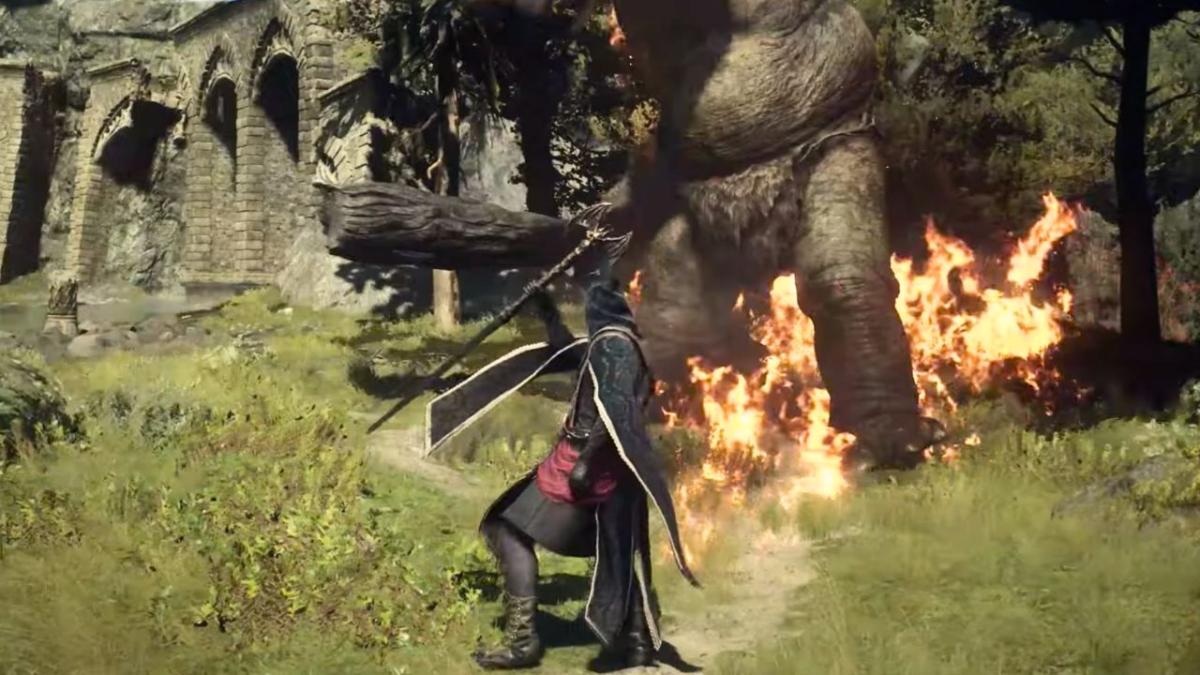
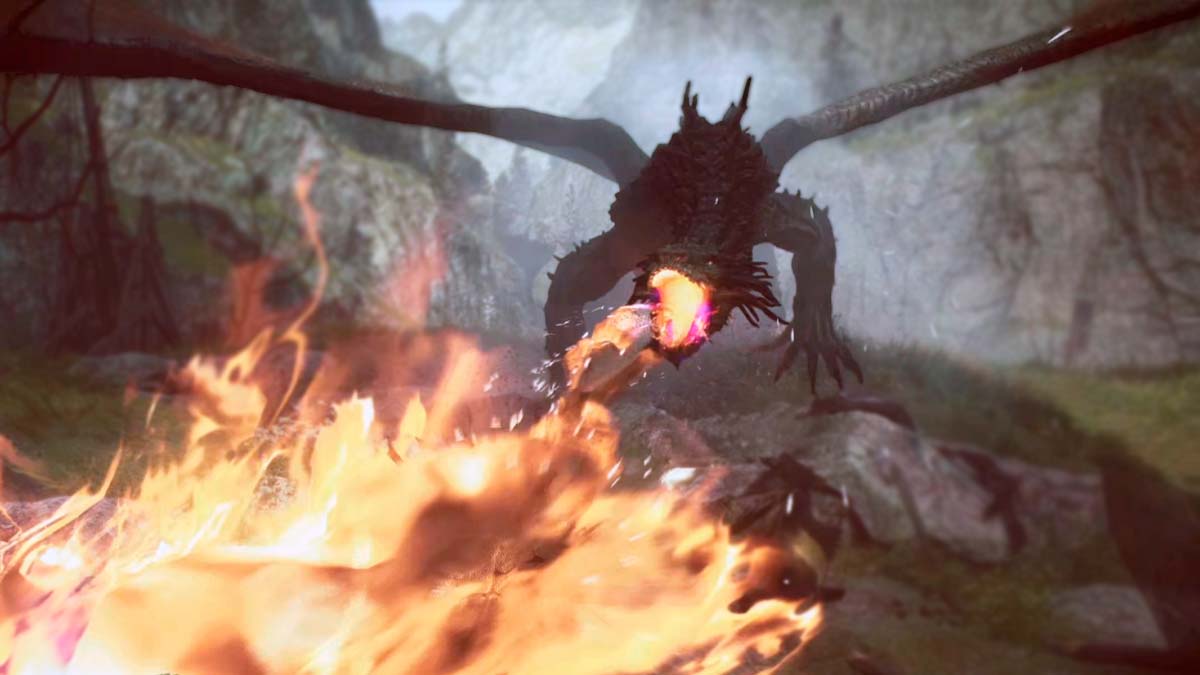
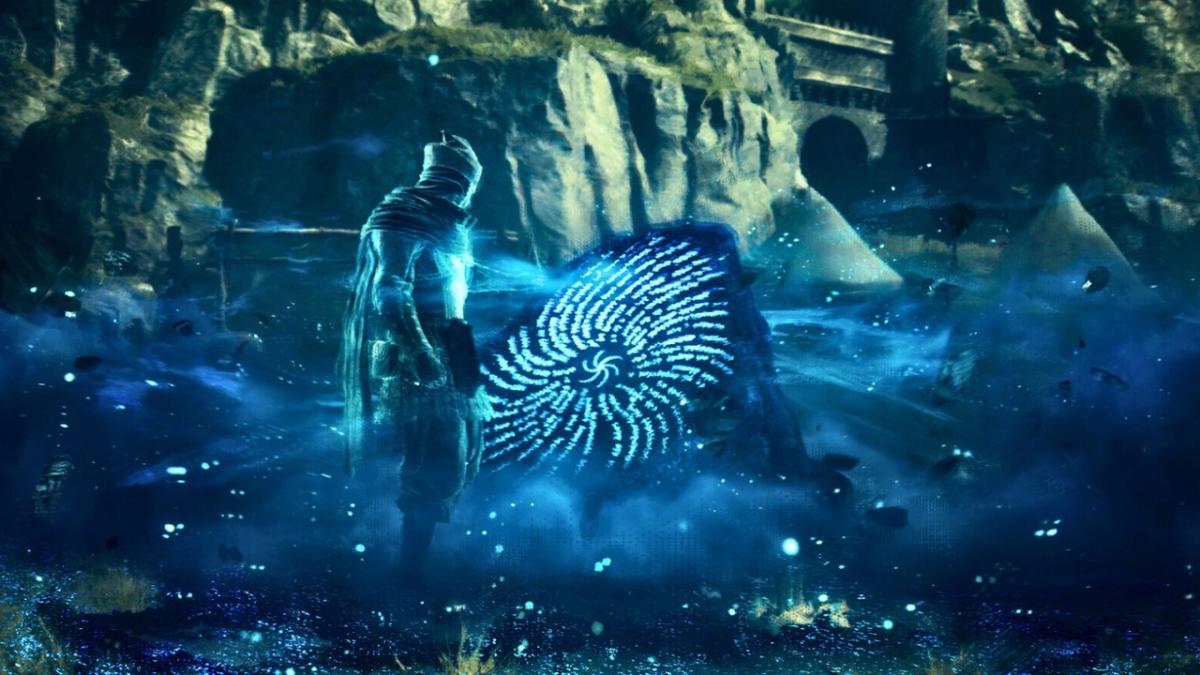

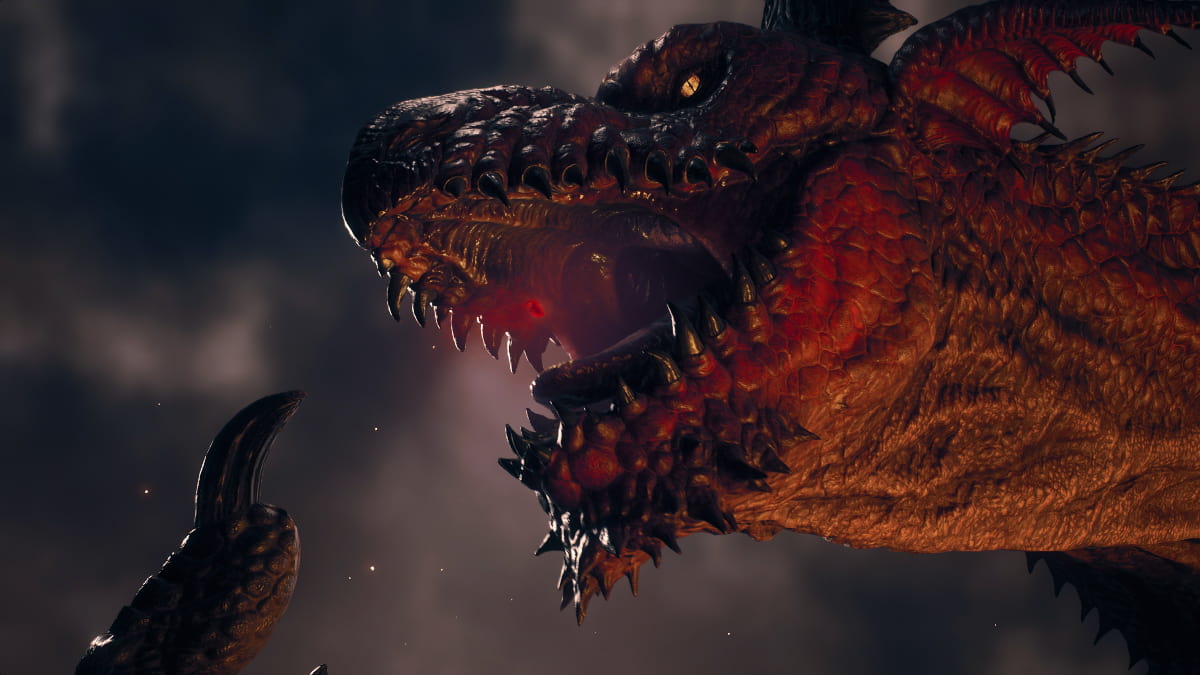
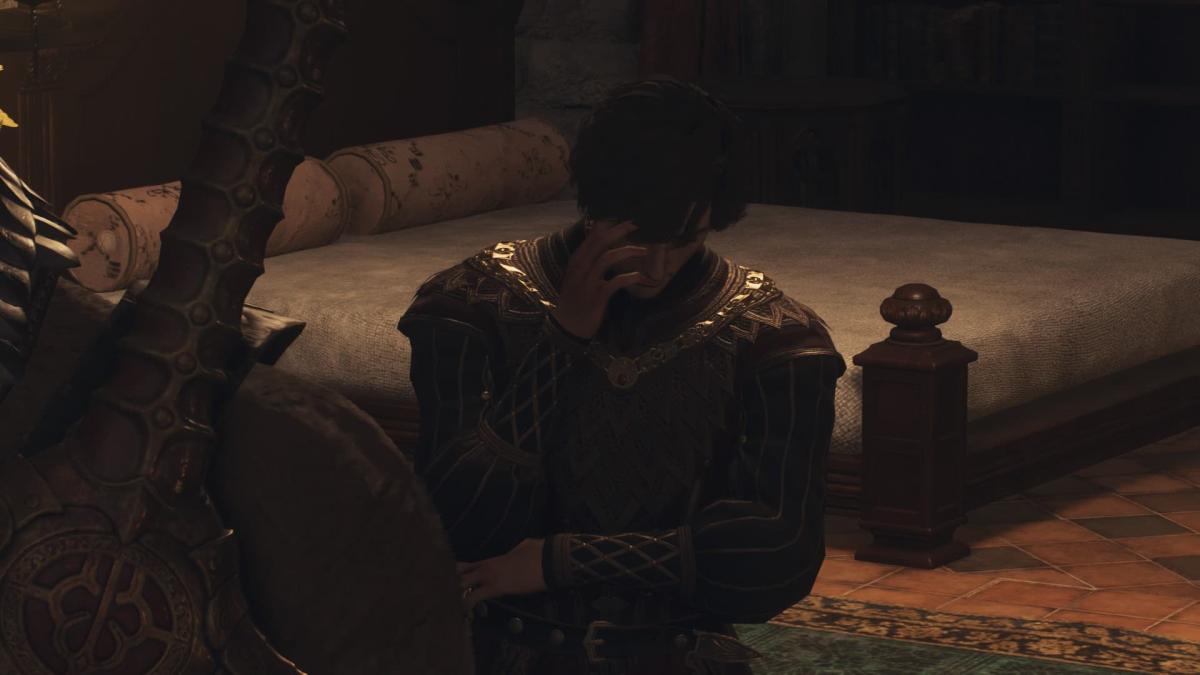
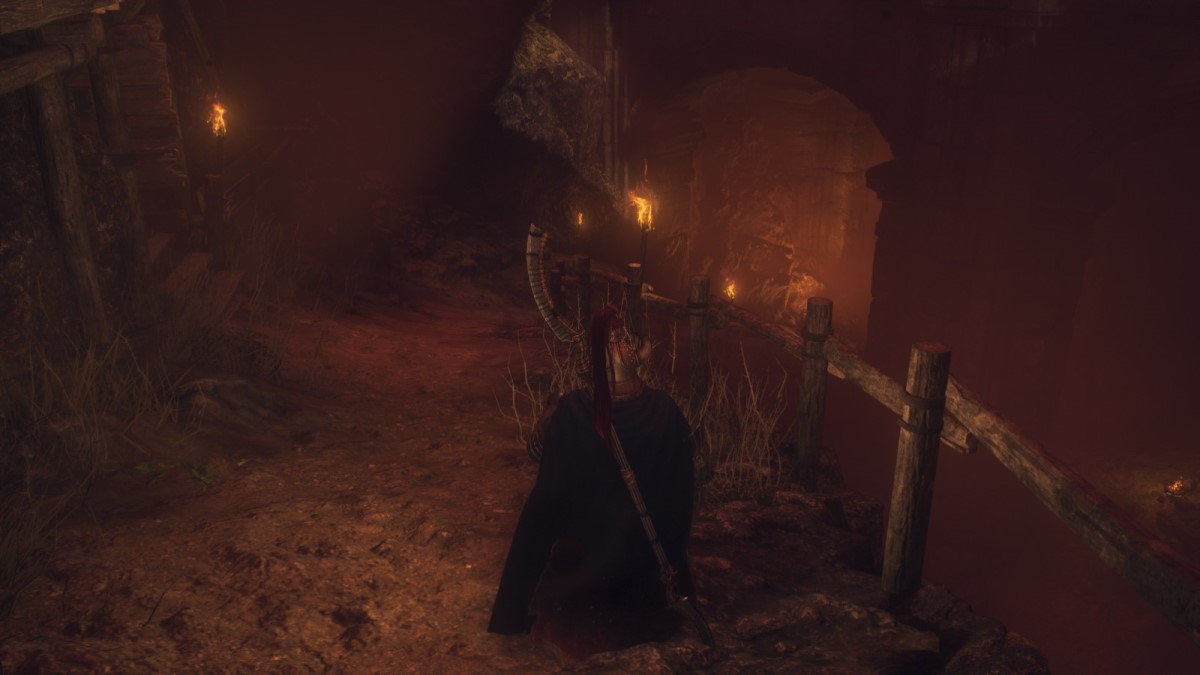


Published: Apr 4, 2024 11:37 pm